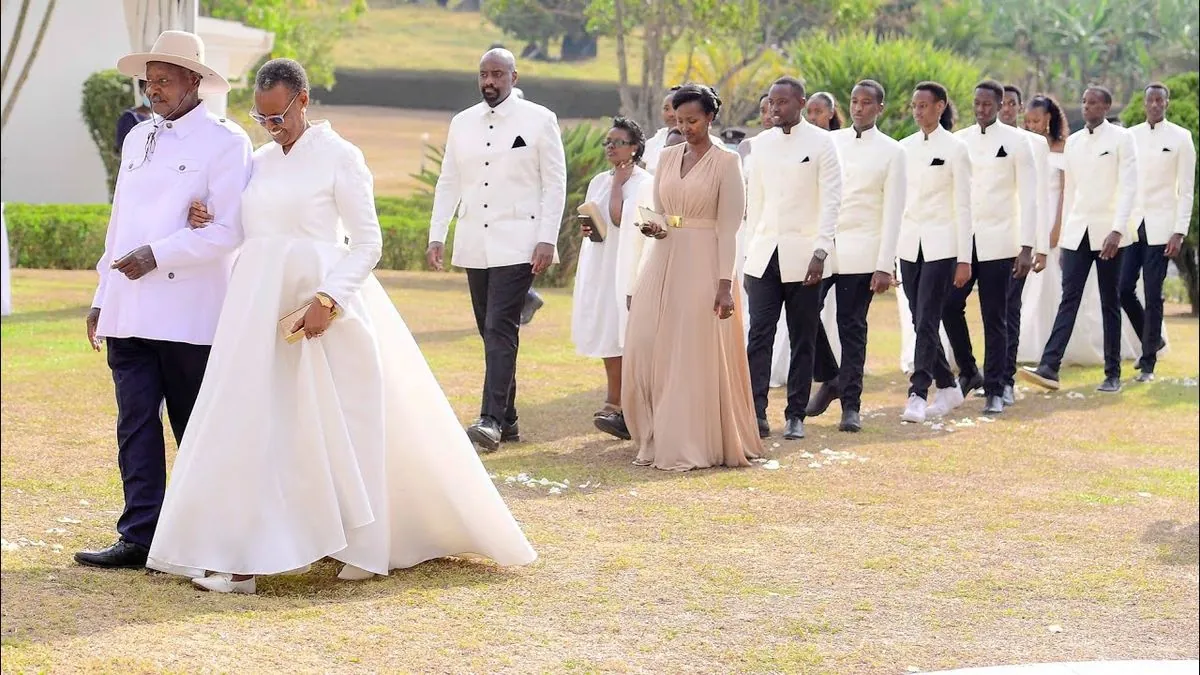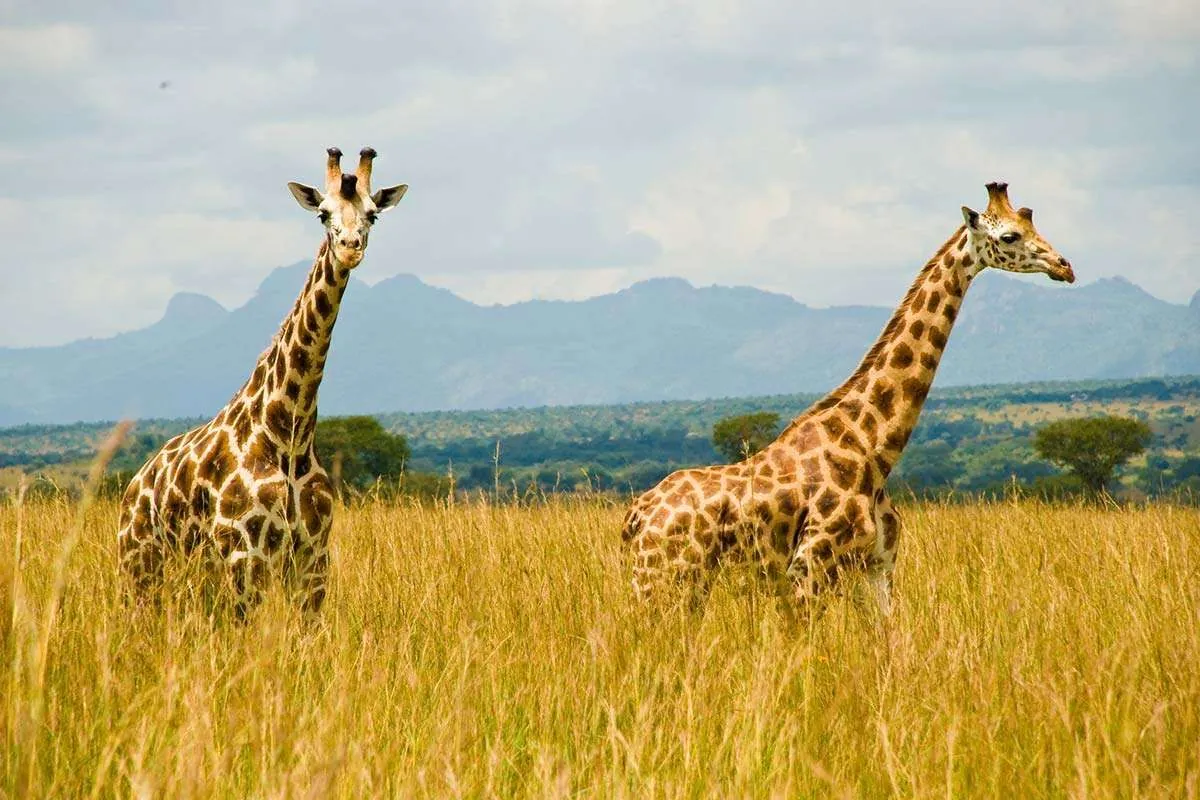Uganda's Presidential Heir Apparent Backs Father's Re-election Bid
Muhoozi Kainerugaba, son of Uganda's long-serving President Museveni, announces he won't run in 2026, endorsing his father instead. This move raises questions about the country's political future and succession plans.

In a significant political development, Muhoozi Kainerugaba, the son of Uganda's long-serving President Yoweri Museveni, has announced his decision not to run for the presidency in the upcoming 2026 election. Instead, Kainerugaba has publicly endorsed his father for a potential seventh term in office.
The announcement, made on September 21, 2024, via social media platform X (formerly Twitter), has sparked discussions about the future of Uganda's leadership. Kainerugaba, who currently heads the country's military, stated, "I would like to announce that I will not be on the ballot paper in 2026. I fully endorse President Yoweri Museveni in the next elections."
Yoweri Museveni has been at the helm of Uganda's government since 1986, marking a 38-year tenure as of 2024. During this period, Uganda has undergone significant changes, including economic growth and challenges. The country, known as the "Pearl of Africa" for its natural beauty, has a population of approximately 45 million and has made strides in reducing poverty rates since the 1990s.

However, Museveni's long rule has not been without controversy. Opposition figures have accused the president of attempting to establish a monarchy in Uganda, a claim he denies. The country's constitution has been amended twice to extend Museveni's rule, raising concerns about the state of democracy in the nation.
Human rights activists and political opponents, including pop star turned politician Bobi Wine, have alleged that Museveni's government uses security forces to intimidate and suppress opposition. These claims include accusations of jailing, torture, and abductions of opposition supporters. Museveni has consistently denied these allegations.
The 2021 presidential election, where Wine came second, was marred by controversy. Wine rejected the results, citing ballot stuffing and intimidation of his supporters. In contrast, Museveni declared it Uganda's fairest vote to date.
Kainerugaba's decision not to run and his endorsement of his father raise questions about succession plans in Uganda's political landscape. Known for making controversial statements, Kainerugaba once caused a diplomatic stir with neighboring Kenya, prompting his father to issue an apology in 2022.
Uganda, which gained independence from British colonial rule in 1962, faces numerous challenges as it looks to the future. The country hosts one of the largest refugee populations in Africa and continues to grapple with issues such as corruption and governance. However, it has also made progress in various areas, including efforts to diversify its economy beyond its traditional reliance on agriculture and coffee exports.
As the 2026 election approaches, all eyes will be on Uganda to see how its political landscape evolves and whether the country can address the concerns raised by opposition groups and international observers.
"I would like to announce that I will not be on the ballot paper in 2026. I fully endorse President Yoweri Museveni in the next elections."
This development sets the stage for continued debate about Uganda's political future and the potential for leadership transition in a country that has known only one president for nearly four decades.


































